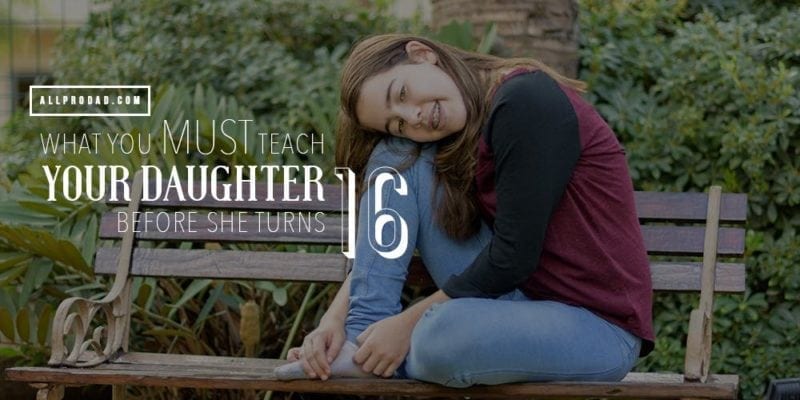When you have kids you end up seeing every animated movie. One that surprised me in terms of its depth was Inside Out. It is a story that centers around the emotions of a pre-teen girl named Riley. Each emotion inside her has a persona: Joy, Sadness, Disgust, Fear, and Anger. As she goes through the changes of life, we see what happens below the surface as her emotions struggle to make sense of it all. In one of the funniest scenes we see the emotional personas inside Riley and her parents as they sit around the dinner table. Riley is clearly irritated as her parents ask her about school. As she begins to escalate with Anger and Disgust, her father sees her as disrespectful. Rather than probing to see why she is acting out the dad’s emotions react with a show of force and send her to her room. His emotions celebrate a job well done. Meanwhile, the mother’s emotions more accurately describe it as a disaster.
When daughters enter the tween years, roughly ages nine to fourteen, it can be a confusing time. She starts to change from daddy’s little girl into something more complex and unpredictable. Rather than reacting, it’s important to know what is going on below the surface. Here are some tips on how to understand tween girls.
Body of an Adult But Brain of a Child
Tween girls can look as mature as juniors in high school. It causes us to think they’re that age mentally and emotionally. Chap Clark, an expert in adolescence, says it’s important to understand their bodies are becoming adult-like but they still have the brain capacity of a child. In general, tweens don’t have an ability to think abstractly, problem solve, or weigh consequences yet. The brain doesn’t start developing that part until around fourteen. Tweens understand they have entered into a new phase of life, but they still see themselves as children.
Therefore, it’s important to set boundaries and speak in concrete terms. For example, the concept of trust in a relationship is abstract. In order to convey it to her, you need to bring in a real life example of earning trust. When you consistently follow through with what I ask of you, it earns you more privileges, such as going to the mall with your friends without a chaperone because you have earned trust. An abstract thinker will then connect that example and concept to all relationships (friends, teachers, coaches, future employers). She doesn’t have the ability to make that connection so you will need to do it for her.
Becoming Her Own Person
During this time in her life, she is starting to individuate. She is starting to see herself as an individual apart from the world her family has created for her. Peer relationships are becoming more and more important. Don’t take this personally no matter how much she rolls her eyes or ignores and dismisses you. It is a natural part of her development.
Pinball Emotional Experience
Tween girls are incredibly intuitive when it comes to reading cues. They are picking up on millions of messages about themselves from peers, adults, family members, and the media. That combined with the changes in her body will cause her to be emotionally all over the place. She will cry one minute, be totally fine the next, show annoyance over something small, roll her eyes in disgust, be on top of the world, and have friend drama, all within fifteen minutes. Tween daughters need their dads to be a calm and stabilizing force in the midst of their chaotic world.
She Needs You
The father and daughter relationship during this phase of life can get awkward. There may be a difficulty relating or she may actually push you away. Many dads get intimidated and pull back. The reality is she needs you, particularly during this time in her life, and she knows it. You provide her with a deep sense of security while uncertainty surrounds her. She needs you to provide a safe environment for her to explore while knowing that her dad’s love is always there regardless.











Huddle up with your kids and ask, “Who’s your best friend? What do you like most about him/her?”